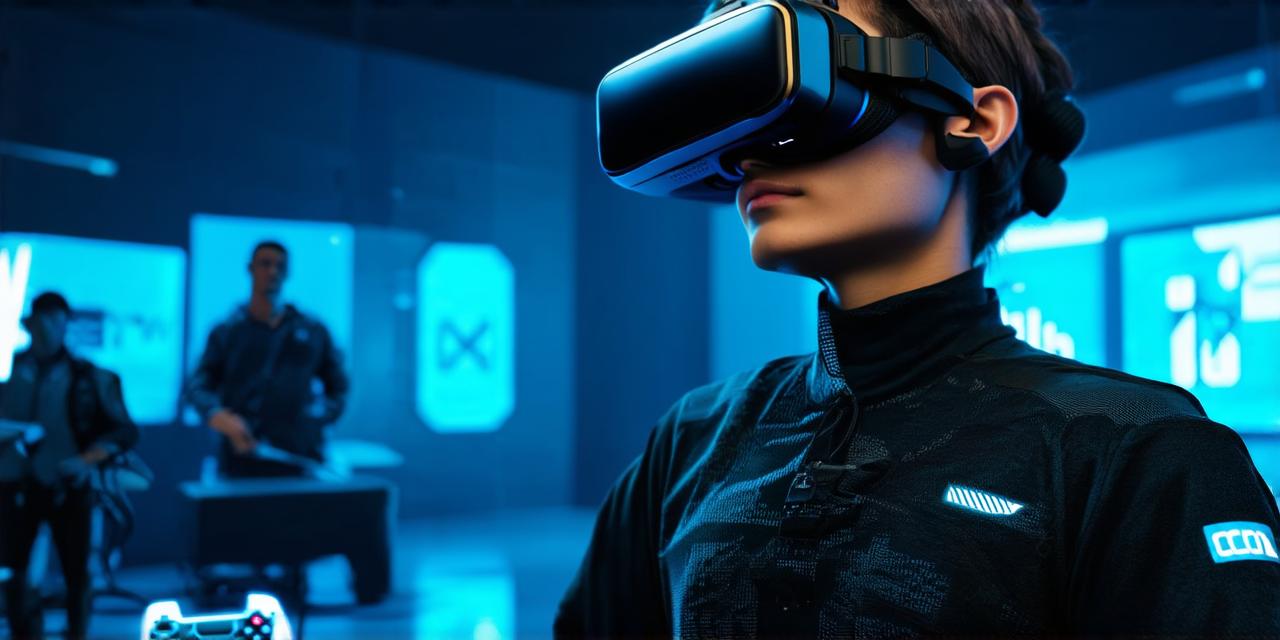Virtual Reality (VR) technology has brought about a significant transformation in the gaming and entertainment industry by offering an immersive experience that transports users into digital worlds. VR games provide a level of interactivity that traditional gaming can only dream of, allowing users to explore new environments and engage in interactive experiences like never before.
However, with any new technology comes concerns about its potential health effects. In this article, we will examine whether virtual reality games are harmful to your health or not.
One of the primary concerns is motion sickness. Motion sickness occurs when there is a conflict between what a person sees and feels, leading to feelings of dizziness, nausea, and vomiting. When playing VR games, users experience disorientation and a loss of balance as they move their heads in one direction while their bodies remain stationary.

This motion sickness can be particularly severe for some individuals, especially those with a history of motion sickness.
Motion sickness is caused by various factors, including the speed at which an object is moving, the distance between the object and the user, and the angle at which it is viewed. VR games often involve fast-paced movements and rapid changes in visual stimuli, which can trigger motion sickness in some users.
Additionally, VR headsets require users to maintain a close distance from screens, which can lead to strain on the eyes and headaches.
Another concern is eye strain and fatigue. Prolonged use of VR technology can cause eye strain, as the user’s eyes have to focus for extended periods. This can be particularly problematic for individuals who already suffer from eye conditions such as dry eye or astigmatism.
Additionally, VR headsets often require users to maintain a fixed position while using them, which can lead to neck and shoulder pain.
Research has also shown that excessive gaming can lead to a sedentary lifestyle, which can contribute to a range of health issues, including obesity and cardiovascular disease. While VR games can provide an active experience, many users spend long periods sitting while playing. This lack of physical activity can negatively impact overall health.
In addition to these concerns, some individuals have reported experiencing seizures while playing VR games. These seizures are typically caused by flickering lights or rapid changes in visual stimuli, which can trigger seizure-like activity in the brain. While the risk is low, it is essential to be aware of this potential danger and take appropriate precautions.
Despite these concerns, there are some benefits associated with VR technology. For example, virtual reality therapy has been shown to be effective in treating a range of mental health conditions, including anxiety disorders, post-traumatic stress disorder (PTSD), and phobias. Additionally, VR technology can provide a safe environment for individuals to practice new skills or explore complex situations, which can be particularly useful in fields such as medicine and aviation.
In conclusion, while virtual reality games are not inherently harmful to your health, it is essential to be aware of the potential risks associated with excessive gaming. By taking appropriate precautions, such as limiting playtime and maintaining good posture while using VR headsets, users can minimize these risks and enjoy a safe and healthy experience. As with any new technology, it is important to approach virtual reality games with caution and moderation.
